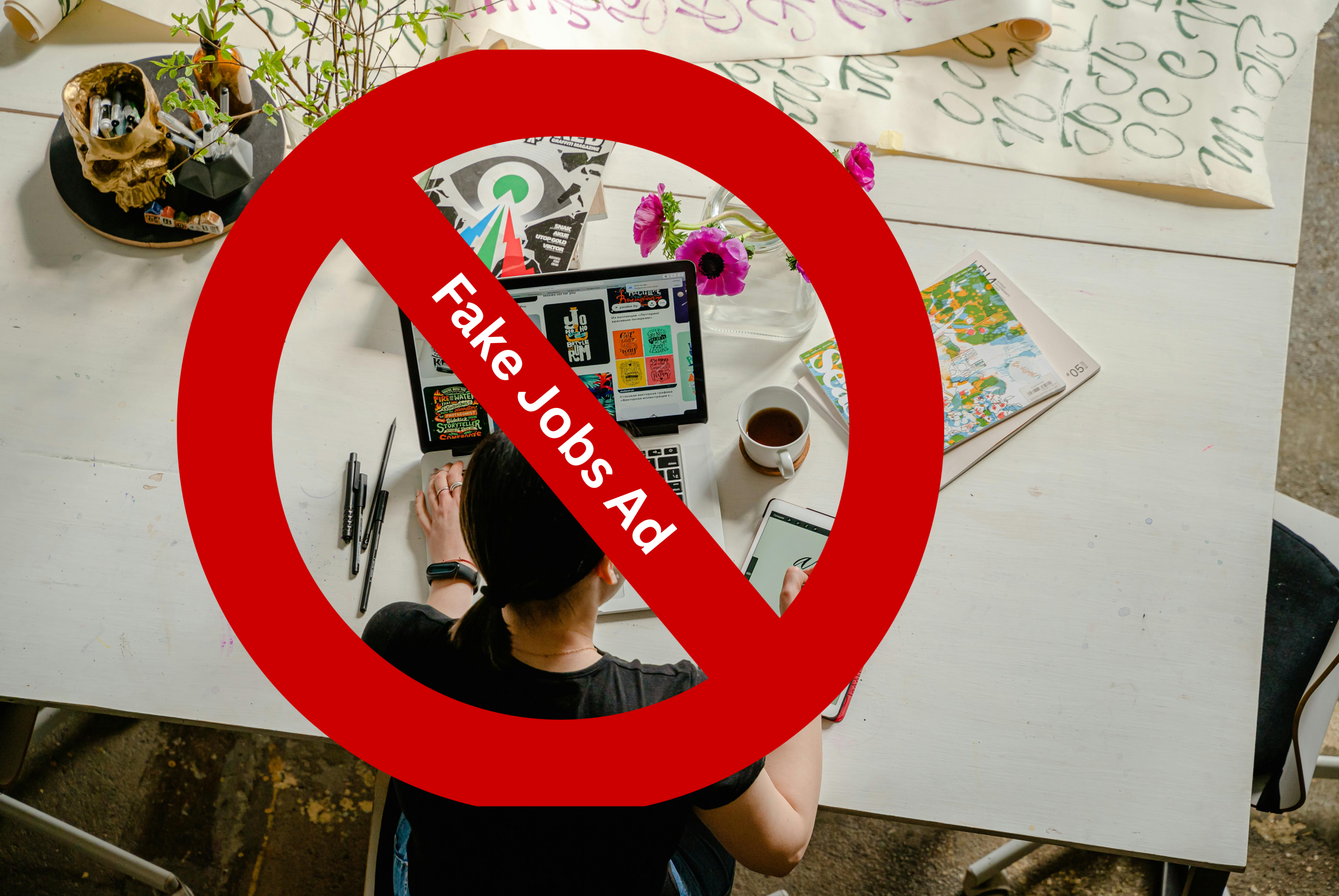So there I was. Sitting in my room. Phone in hand. I just found this job ad that screamed “easy money.”
No experience. R9,000 per week. Work from home. Just a WhatsApp away.
It felt like gold. But guess what? It was trash. A scam. A total lie. And I almost fell for it.
That’s when I knew. People have to know how to spot this stuff. So this right here? This is your survival guide.
Why Are There So Many Fake Job Ads
Well. Because they work. Simple.
Scammers know people are desperate. Looking for something. Anything.
Here’s what they want from you.
Your identity. Like your ID, CV, address, and banking info. That’s gold to scammers.
They use it to steal. Open accounts. Commit fraud. In your name.
Your money. “Pay a training fee.” “Deposit R150 for uniform.” Lies. Once you pay, they vanish. Like smoke.
Access to your devices. They’ll send you files. Or weird links. Click those, and boom—your device is compromised. Malware. Keyloggers. Not good.
Your trust. Some go deeper. They recruit people into illegal stuff. Drug transport. Laundering money. You won’t even know. Till it’s too late.
So yeah. It’s not just “fake.” It’s dangerous.
The Red Flags: How Fake Ads Try to Trick You
Let’s break it down. If a job ad has one or more of these? Pause. Breathe. Walk away.
Job Descriptions That Say Nothing
If it says “easy money” or “no skills needed,” and that’s it? Be careful.
A real job tells you what you’ll do. Like, actual tasks. This one? It’s all glitter. No meat.
Fake-sounding example:
“R10,000 weekly. From your phone. 2 hours a day. Apply now. Limited spaces.”
Sounds cool. But weird, right? Too vague. That’s on purpose.
Bad Grammar or Typos
“Work with uss. No skillz needed. You earn money fastly.”
Nope. Not legit.
Real companies proofread. Scammers? They rush. They don’t care.
Weird Email Addresses
You get an offer from “JobsAtWoolies@gmail.com“?
Run.
Real companies don’t use free emails like Gmail or Yahoo for hiring. They use proper domains. Like @woolworths.co.za.
They Ask for Money Upfront
Any ad that says:
“R200 for admin fee”
“Pay R300 for training kit”
Is a scam.
You never, ever pay to get a job. Never.
They Hire You Too Fast
You send a CV. Ten minutes later, they say: “Congrats, you got the job.”
Wait, what?
Where was the interview? Or reference check?
Fake jobs don’t need proof. They just need victims.
Too-Good-To-Be-True Pay
Typing part-time, R20,000 a month? With no experience?
That’s not a job offer. That’s bait. And you’re the fish.
They Rush You
They’ll say:
“We only have 3 spots. Apply now or lose it.”
Classic trick. Pressure you so you don’t think clearly. Don’t fall for it.
No Online Presence
Can’t find their website? No reviews?
LinkedIn profile looks shady or doesn’t exist?
That’s a big red flag.
What to Do If You’re Not Sure
Sometimes it’s not black and white. You’re just… unsure. That’s okay. Here’s what to do.
Google the Company
Search the name + “scam.”
See what comes up.
Legit companies will have reviews. Websites. News. Fake ones? Nothing. Or bad stuff.
Check the Email Domain
Emails like jobs@picknpay.co.za = fine.
Emails like picknpayjobs2024@yahoo.com = nope.
Search the Recruiter on LinkedIn
They said their name is “Thabo M”? Cool. Look him up.
No profile? Or a brand-new one with 0 connections? Be cautious.
Ask Questions
Ask where the office is. Ask for a job spec. Ask who you’ll report to.
If they dodge or get irritated? That’s your answer.
Don’t Click Dodgy Links
If the message is like:
“Click here to apply [bit.ly/suspectlink]”
Just… don’t.
Real-Life Scams in SA: Watch Out
Let’s keep it real. These are happening. Right here. Right now.
Call Centre Scam
They offer a call centre job. But ask for R250 to “secure your spot.”
You pay. They ghost. Every. Time.
Retail Jobs via WhatsApp
You see a Pick n Pay job ad on Facebook. You message. They want airtime to “process” your application.
Scam. Always.
Government Jobs (like EPWP or Learnerships)
Some ads say you’ve been shortlisted for an EPWP position. But they ask for “medical checkup fee.”
Don’t send money. Government jobs don’t work like that.
Typing Jobs from Home
You get offered R15k/month for retyping PDFs. But you need to buy a “starter pack.”
Spoiler: There’s no job. Just a “pack” that leads nowhere.
How to Stay Safe While Job Hunting
You don’t need to live in fear. Just be smart.
No paying to apply. Ever.
Don’t give ID numbers, bank info or selfies to strangers.
Use trusted websites like LinkedIn, Careers24, or official company portals.
Check company registration on CIPC.
Keep your guard up. Even if it sounds nice. Especially if it sounds nice.
What If You Already Got Scammed?
First off, breathe. You’re not dumb. These people are pros. And you’re not alone.
Now act fast.
Cut contact. Don’t reply. Block them.
Report it. Go to SAPS. Use cybercrime reporting sites. Tell your bank.
Warn others. Post about it. Spread the word. You might save someone else.
Protect your identity. Sign up with SAFPS (South African Fraud Prevention Service). Get alerts if someone uses your ID.
Conclusion: You Deserve Better
Looking for work is hard enough. You shouldn’t also be dodging scams.
But here we are. So let’s stay smart.
If a job feels wrong, don’t ignore that feeling.
If they want money, say no.
If they rush you, walk away.
If it sounds too easy, it probably ain’t real.
You’re not just a jobseeker. You’re a human. With dreams. Skills. A future.
Don’t let anyone play with that.






